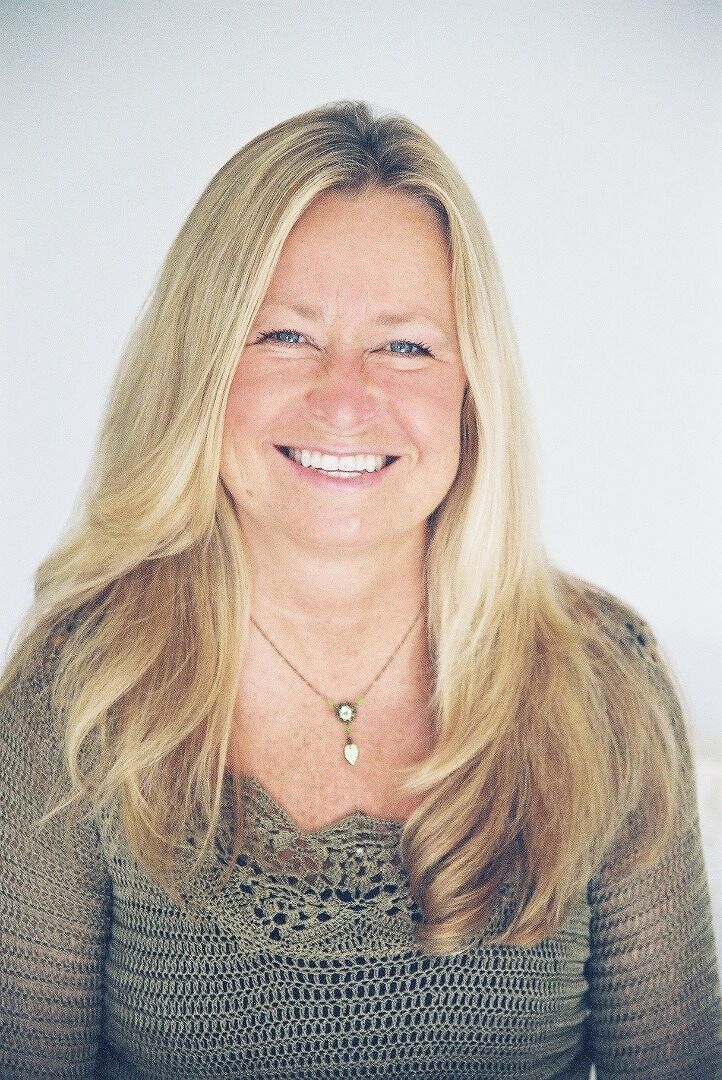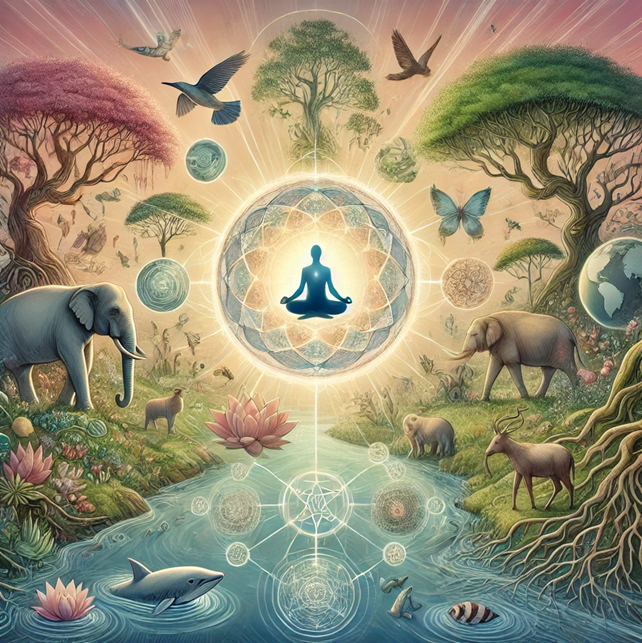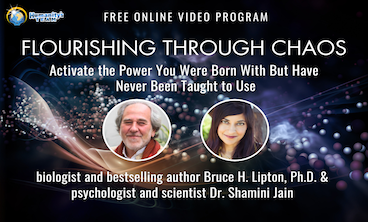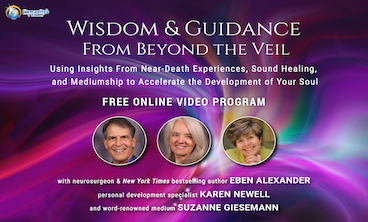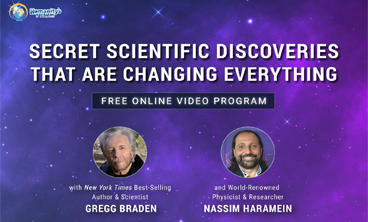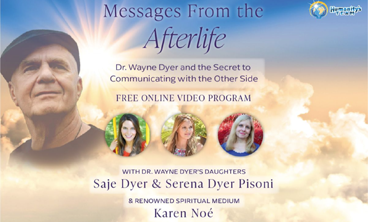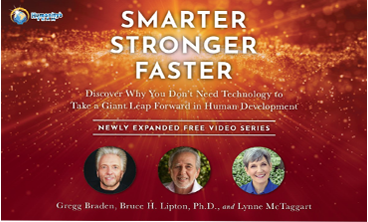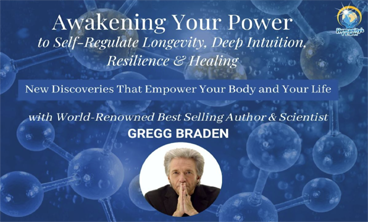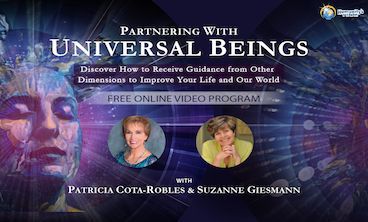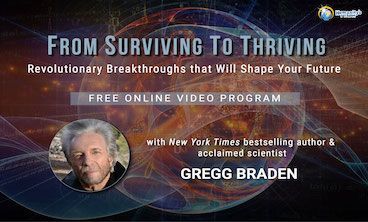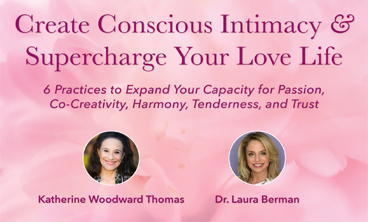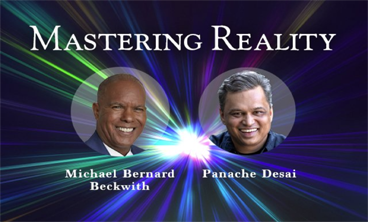This is what people often say to someone whose optimism seems extreme to the point of naiveté or when someone simply refuses to accept the facts of an adverse situation.
I remember that when we were children, my sister Maureen read Pollyanna, the 1913 novel by American author Eleanor H. Porter, now considered a classic of children's literature. And I have a vague memory of watching the movie by the same name when it aired on TV. (I would have been too young to see it in the theater when it was released in 1960.)
When people use the term Pollyanna disparagingly, they simply don’t know the story behind the girl. :)
It’s true that she displayed uninhibited optimism in the face of even the most adverse or discouraging of circumstances.
But it’s not true that she was naive, unsophisticated or innocent, in the sense of being unaware of the darker side of life.
Pollyanna Whittier, an eleven-year-old orphan, knew hardship.
Her mother died when Pollyanna was very young, and she was raised by her missionary father. They had very little in terms of material things, much like my own upbringing in Virginia with my 6 siblings and single-parent mother.
After her father died, Pollyanna was sent to live with her mother’s unmarried and childless sister—rich aunt Polly.
Aunt Polly took her niece in—with a great deal of reluctance. And it didn’t take Pollyanna long to notice that her aunt was an extremely bitter and unhappy woman.
Others in the town were also less than positive. And each time Pollyanna was faced with their anger, sadness or distress, she showed them how to play the Glad Game, a game of finding something to be glad about in every situation, no matter how depressing or dismal the situation may seem.
“Oh, yes; the game was to just find something about everything to be glad about—no matter what ‘twas,” rejoined Pollyanna, earnestly. “And we began right then—on the crutches.”
Her father made up the game one Christmas when Pollyanna, who was hoping for a pretty doll to play with, found only a pair of crutches in the missionary barrel. He showed her how to look at the good side of things—in this instance, to be glad that she didn’t have to use the crutches!
All of us are familiar with the spiritual practices of gratitude and appreciation. But sometimes we forget to take the next step into gladness.
Gladness is accepting this moment of life as it is, opening one’s heart with positivity rather than pushing against this “now” in hopes of changing it.
Some of you may remember my story about the painful moment in my life when my sister Maureen died. But when I got the news of her passing, I also had a moment of gladness that I’d made the decision to put my busy work schedule aside and attend her wedding just a few months before.
Choosing to be glad, taking the time to lean into positivity and joy, will change your perception of the world.
Bruce H. Lipton, Ph.D., biologist and author of the best-selling book The Biology of Belief, tells us that when you change your perception, you take control of your genes by exerting influence over the signals sent to your mind by your consciousness, beliefs and emotions.
In other words, gladness and positivity can be your pathway to better health, better relationships, and a better state of mind—for yourself, for others and for our beloved planet.
Pollyanna had it right all along!
If you’re interested in changing your perception and accessing other pathways to an improved and happier life, you may want to start playing the Glad Game.
And though I’m not in the habit of calling it the Glad Game, most of the time I do lean into what’s good and what’s right about the world.
I do this by tuning into my Divine nature, by feeling gladness and love, and by listening for the next conscious steps on my journey of Oneness.
I invite you to do the same.
To your highest possibilities,
Steve
Steve Farrell
Worldwide Executive Director
Humanity’s Team






